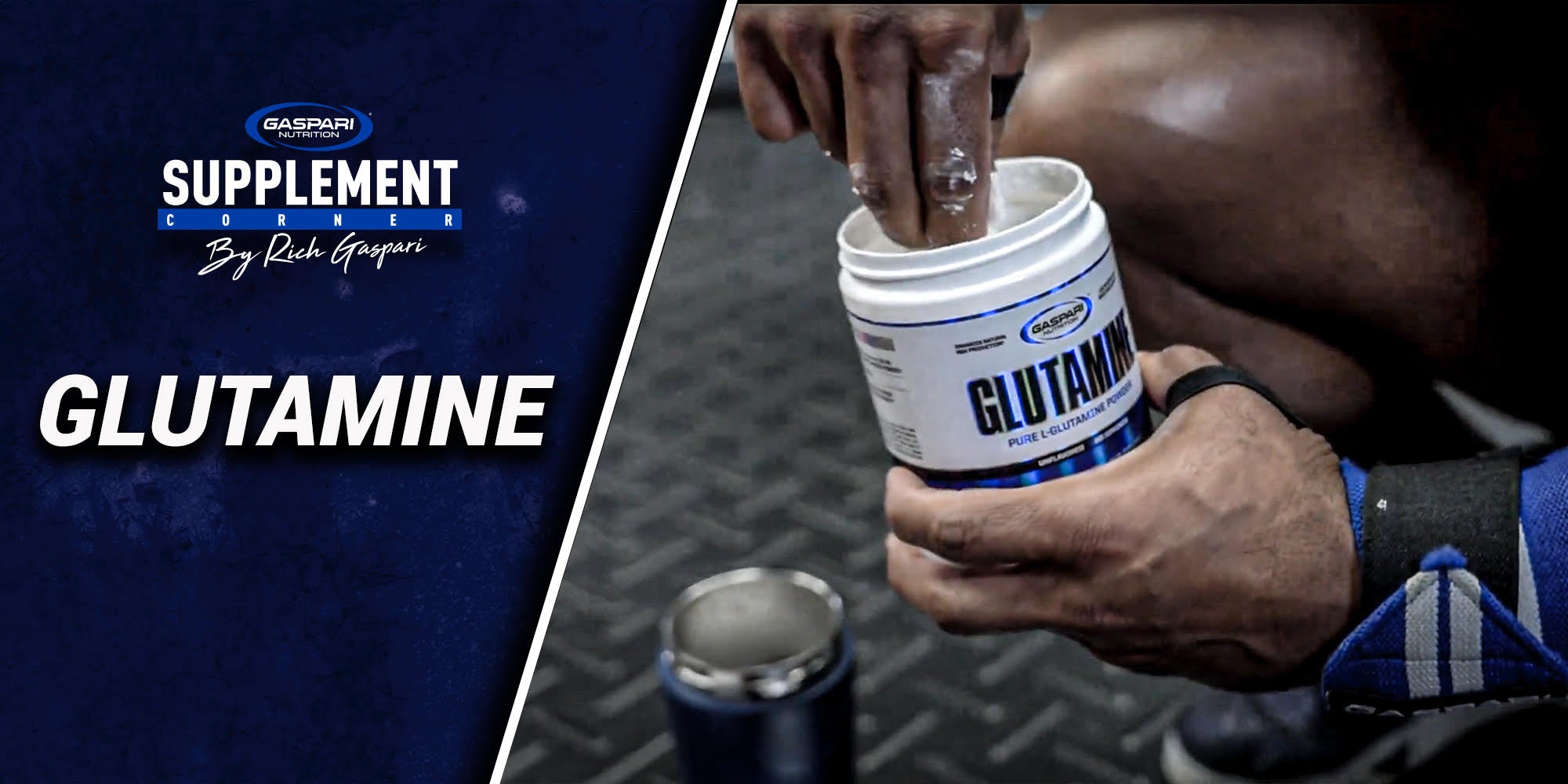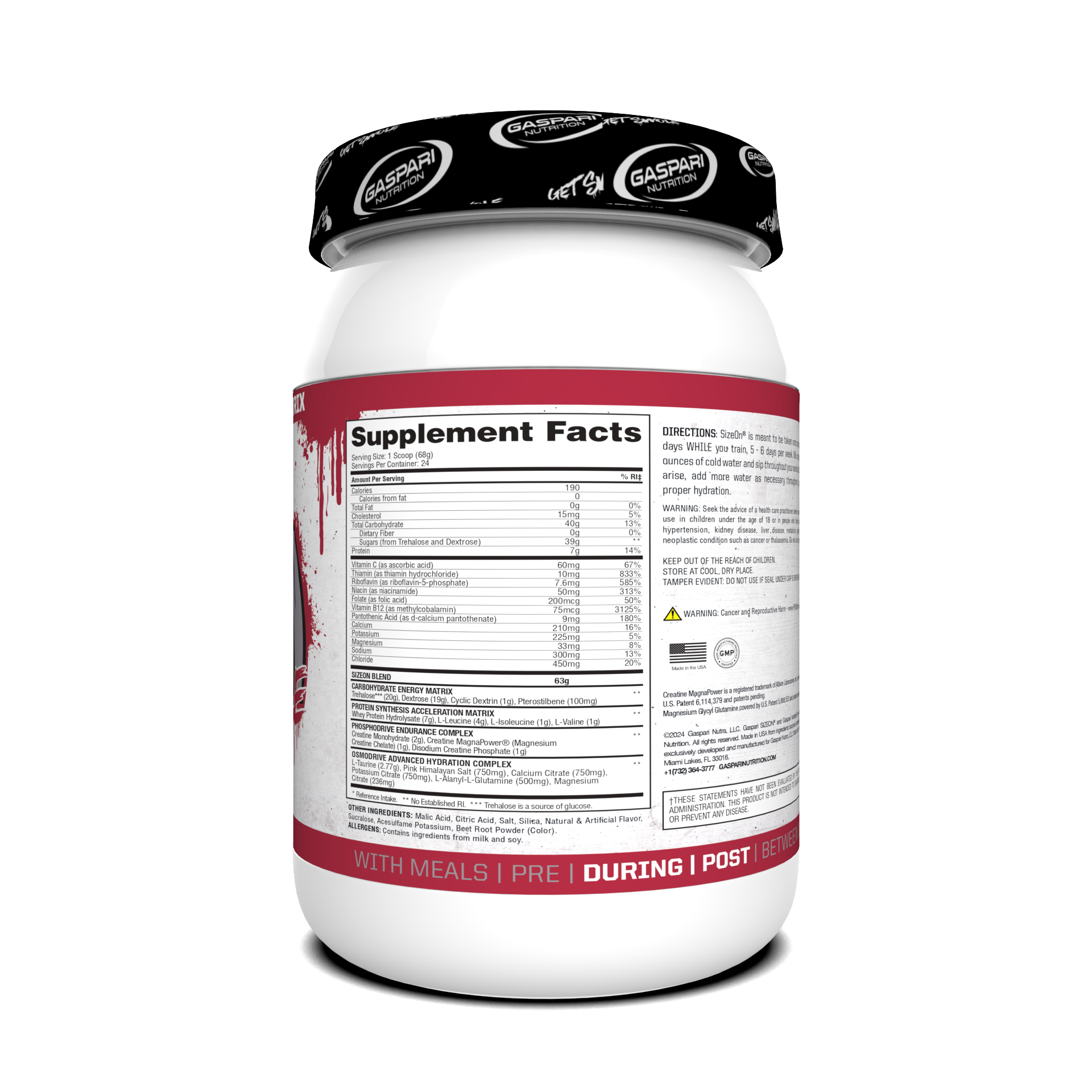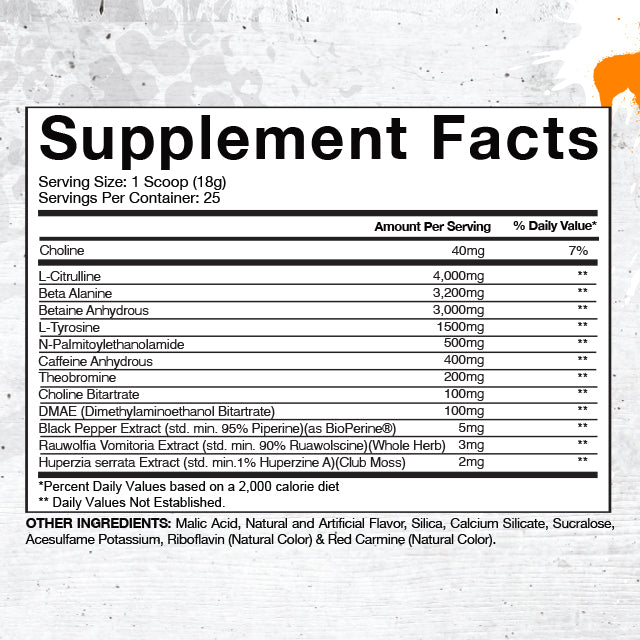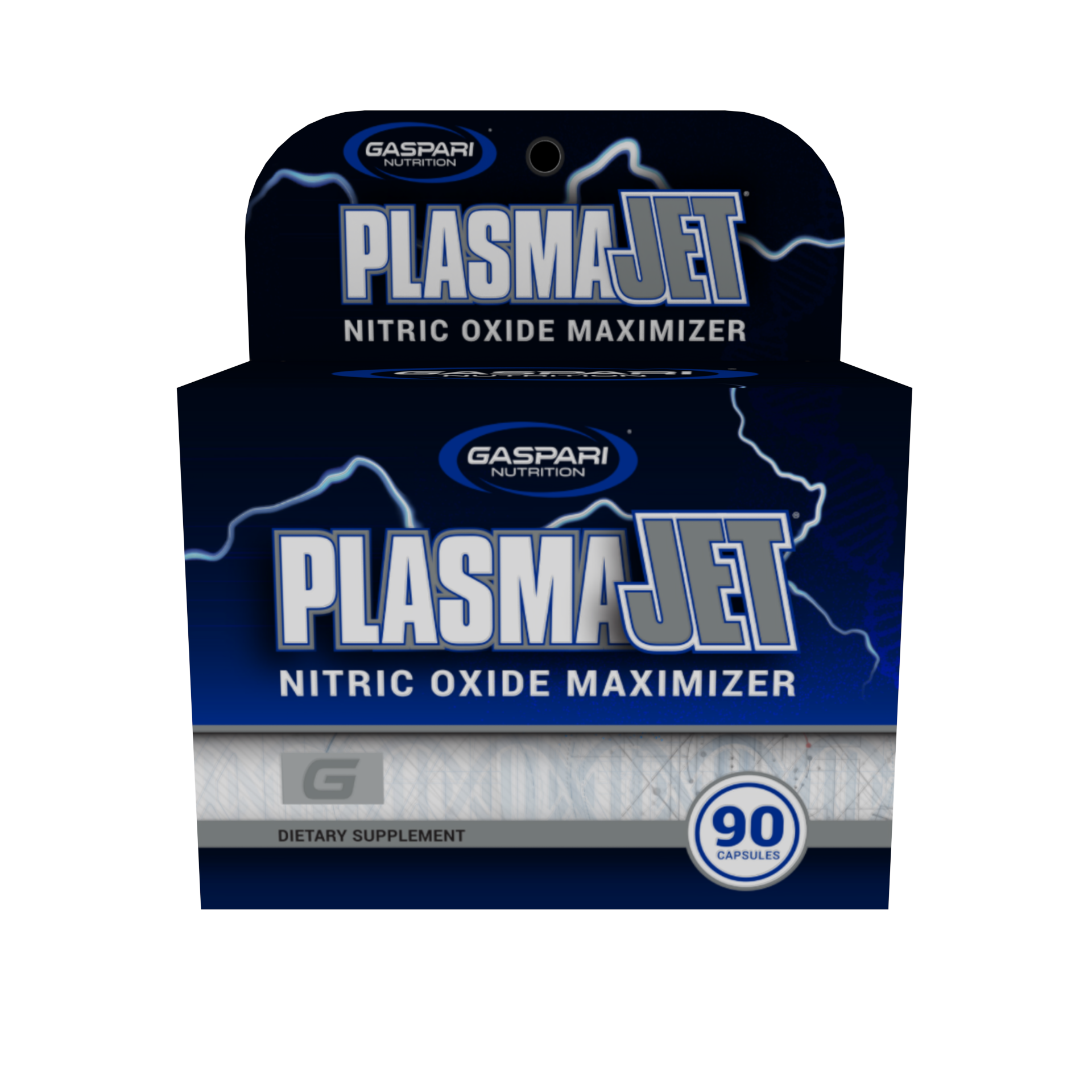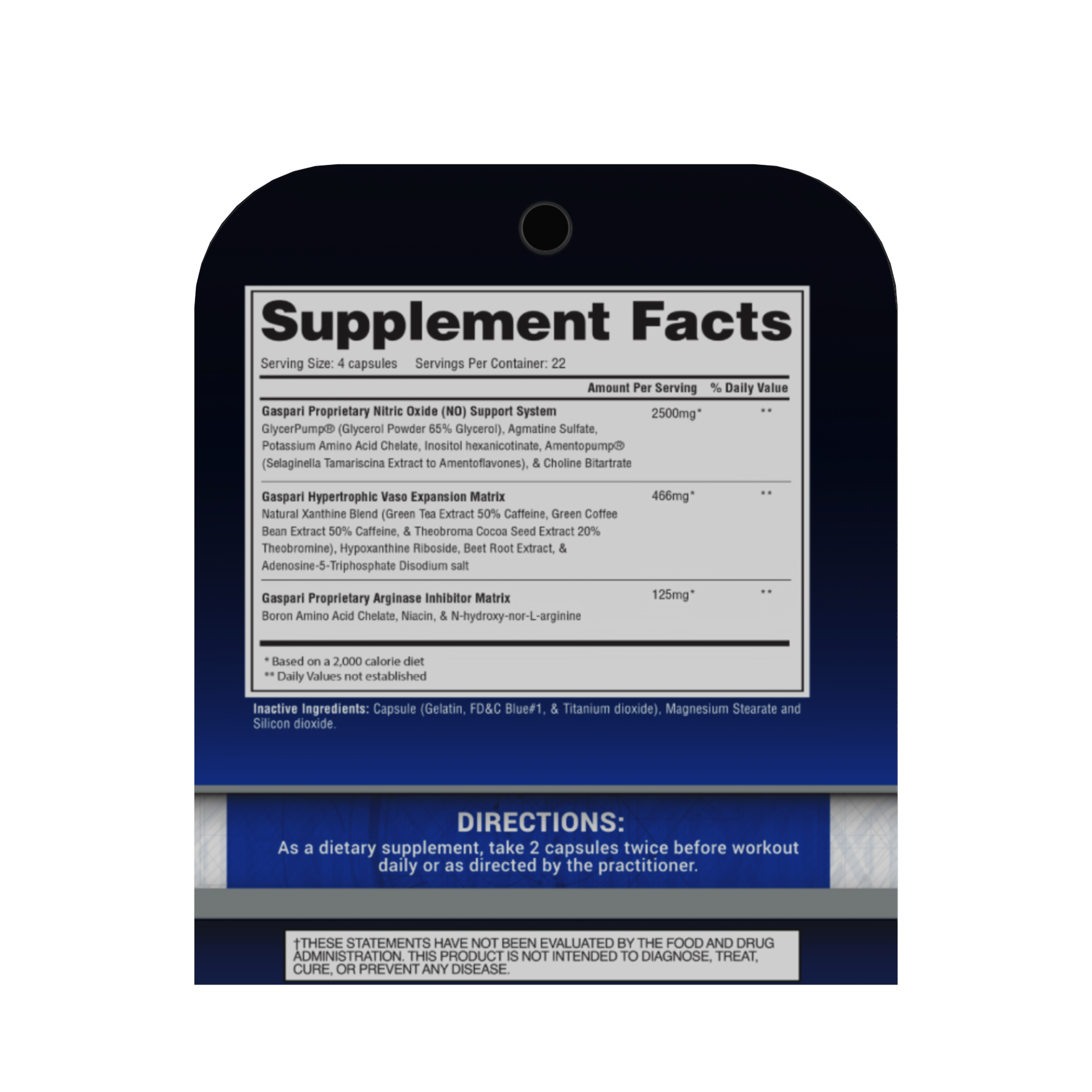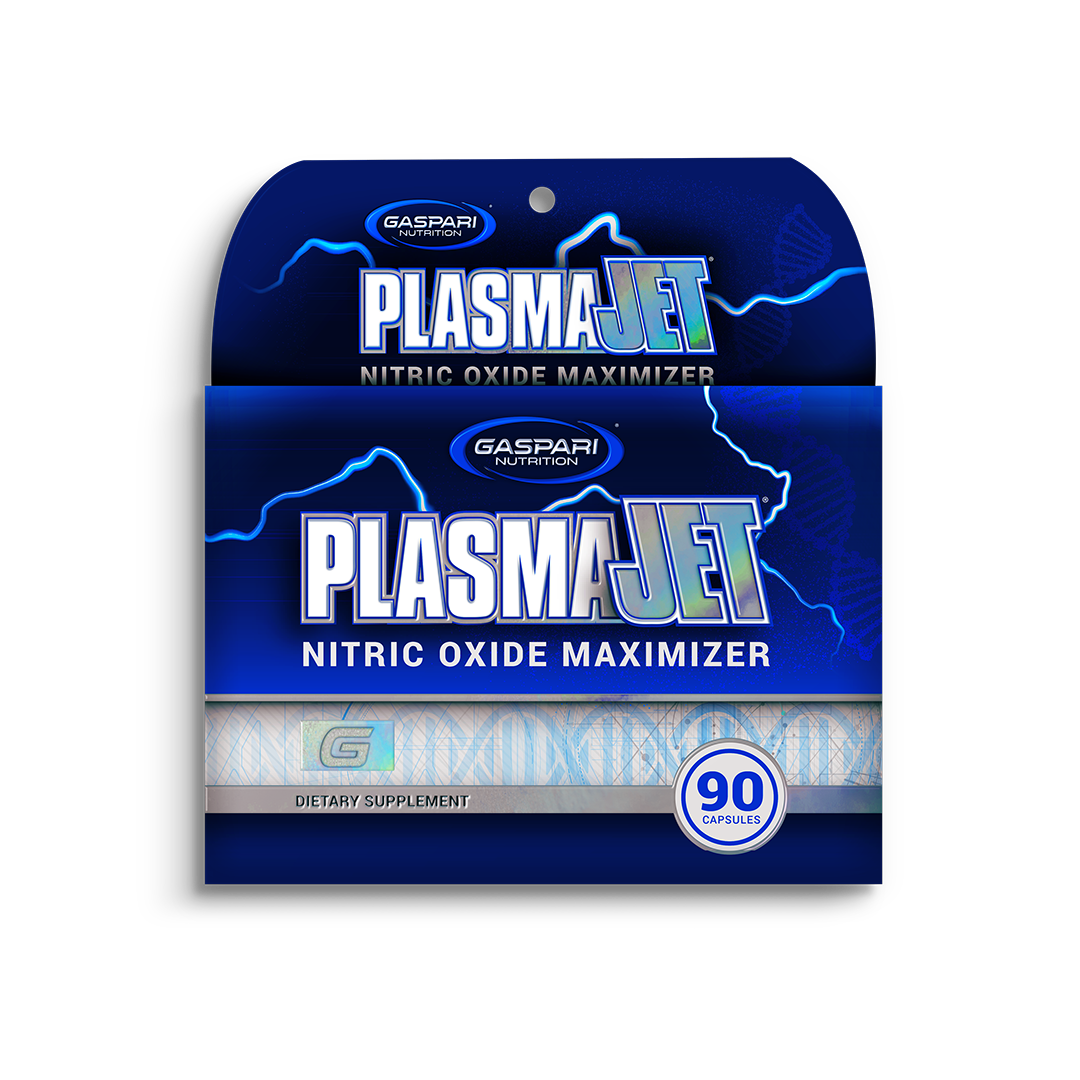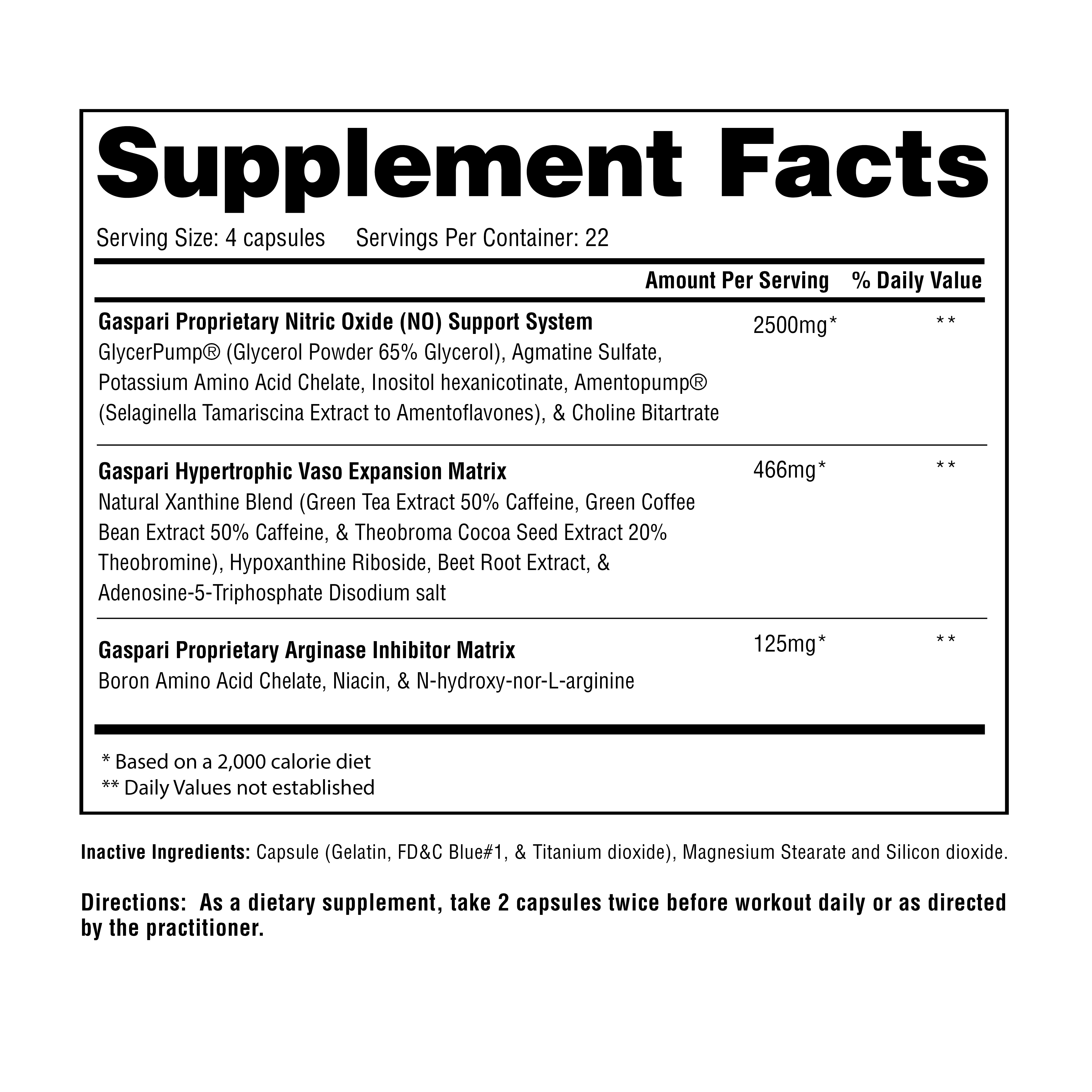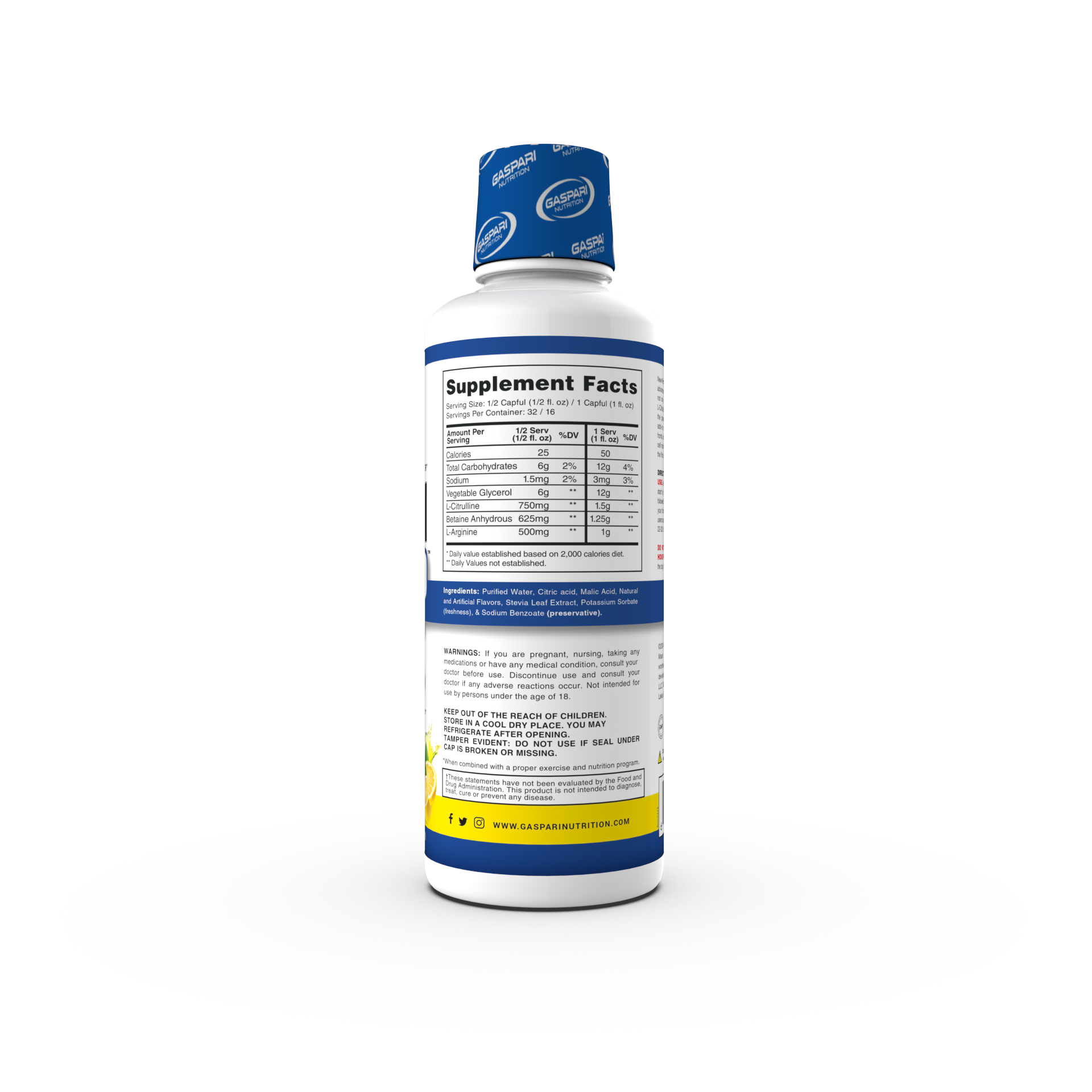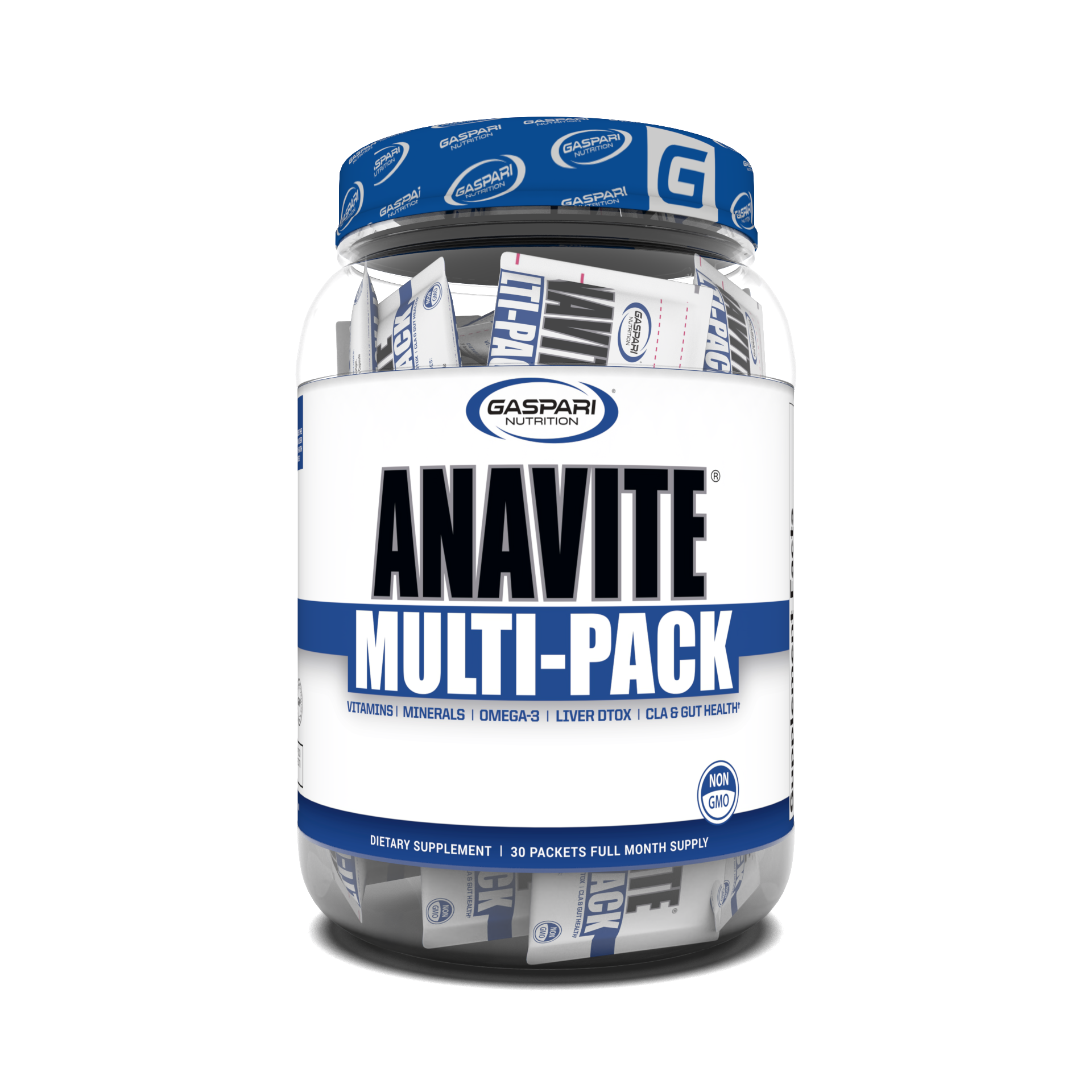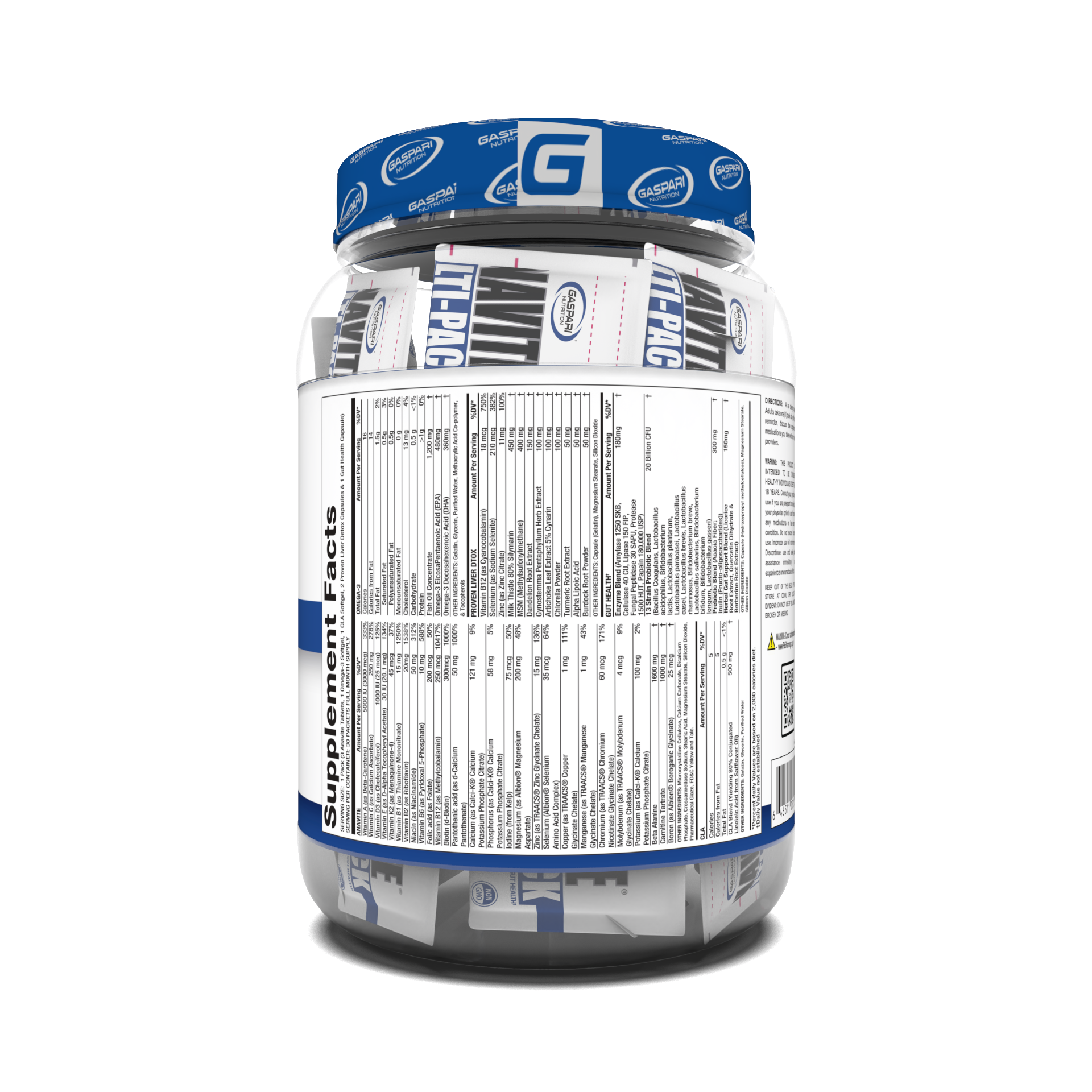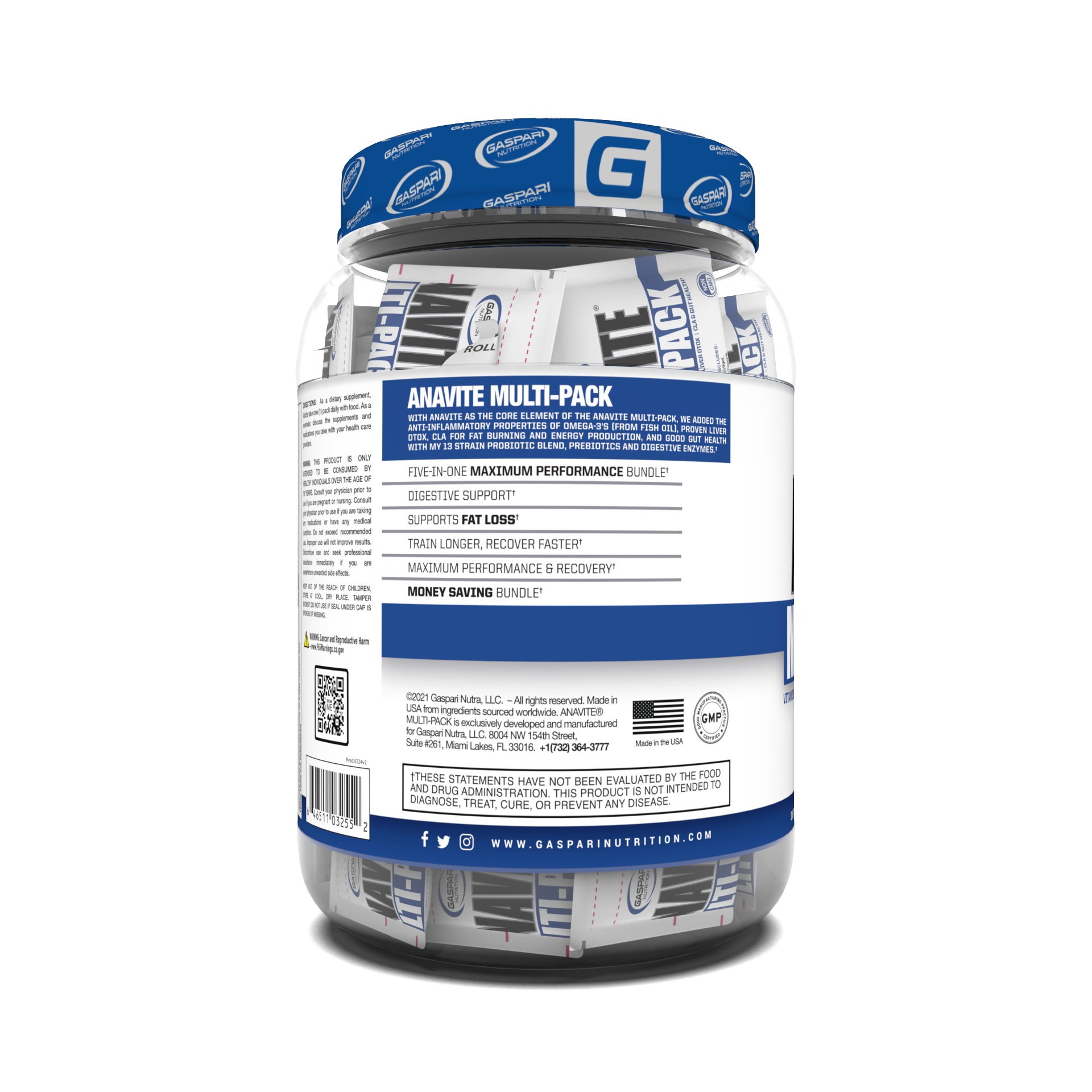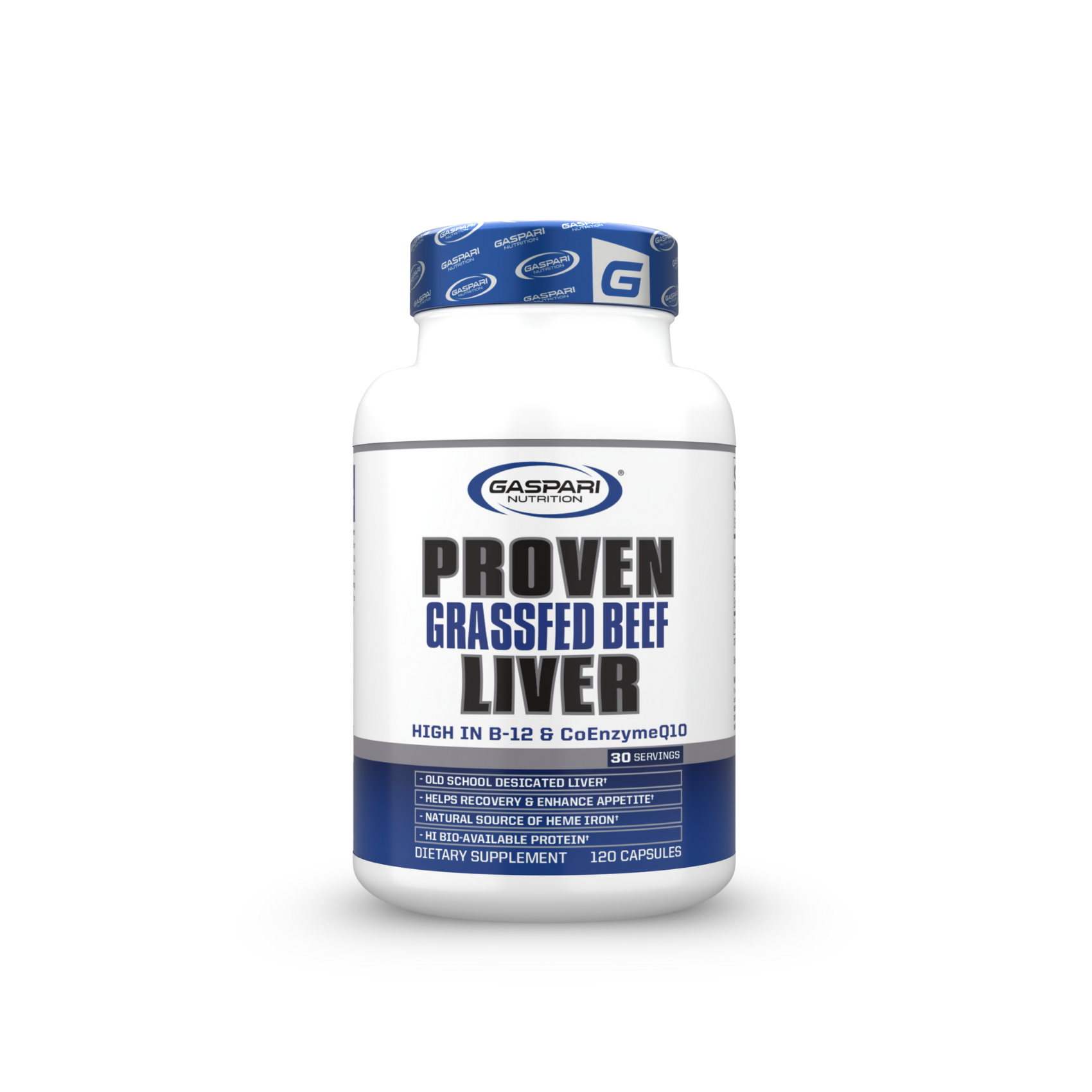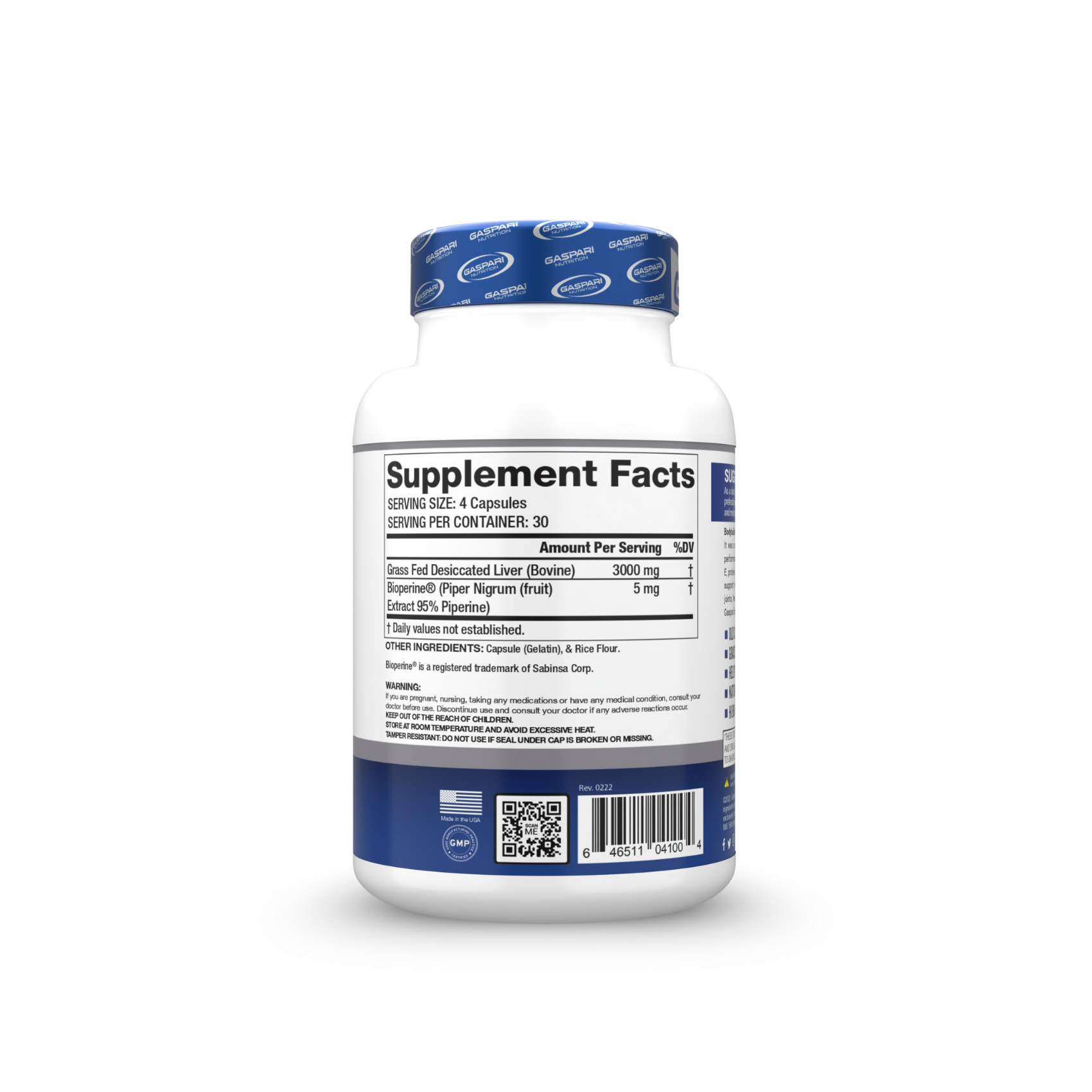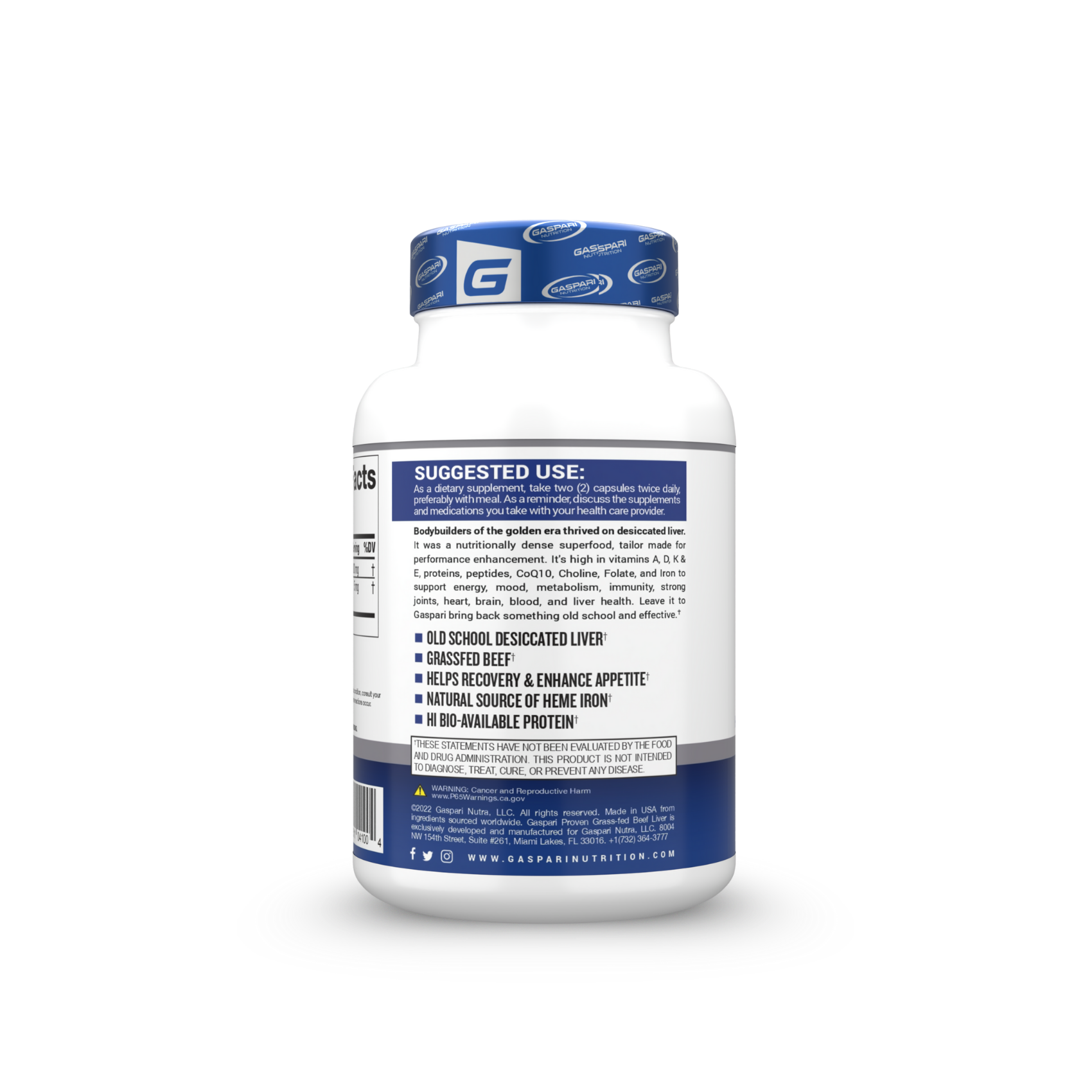Supplement Corner – Expert Nutrition Insights & Tips
- by Rich Gaspari
HMB is the acronym for a mega complicated word:
beta-hydroxy beta-methylbutyrate.
HMB has gained a lot of popularity as a dietary supplement in the health and fitness community for its potential to aid muscle growth and recovery.
HMB does occur naturally in the body – when your body breaks down the branched chain amino acid, leucine, that’s essential for protein synthesis and muscle repair
But. As with all naturally occurring substances, the body just doesn't produce enough of it for our needs, so we must supplement HMB to realize its effect.
Several studies looked at the effects of taking HMB with creatine in resistance trained athletes and found that taking 3 grams of HMB, along with varying doses of creatine, significantly improved strength and high intensity exercise performance. It also aided muscle growth and reduced body fat.
These studies demonstrated that taking supplemental HMB can affect lean body mass by reducing muscle protein breakdown and increasing protein synthesis.
This not only helps promote muscle growth and strength gains, but HMB can also help you recover better.
The recommend dose of HMB is 3g per day, split into equal doses of 1g, taken throughout the day. On training days, I recommend taking one dose immediately after your workout, with the other two doses taken with your next two meals. On non-training days, just take in 1 gram with three of your meals
- by Rich Gaspari
Glutamine is another amino acid naturally produced by the body. But, even though it's the most abundant, at times we still don't make enough of it for a hard training athlete. That's why it’s considered a “conditionally essential amino acid.”
Glutamine is found in meat and other animal products. Consuming these foods is the simplest way to get high amounts of it.
Physical stress is very hard on the body and effects a lot of our systems. The two most important to us is our digestive system and our immune system.
Glutamine has shown to support many of the body's processes, particularly good digestive function and good gut health.
It also plays a roll in fueling the body by sending nitrogen and carbon to many different parts of the body.
It is estimated that a typical high animal sourced protein diet contains 3 to 6 grams per day. However, during times when your body cannot produce optimal amounts, such as during injury, super intense training or illness, supplementing with glutamine may be beneficial for your immune health and muscle recovery.
Recent research has shown that the daily intake of supplemental glutamine needs to be high—at least 14g per day, consumed several times as day, in order to raise plasma glutamine concentrations.
I recommend up to 15g of glutamine per day, divided into three equal doses throughout the day, preferably with meals containing carbohydrates to support glucose utilization.
- by Rich Gaspari
Branched-chain amino acids, or BCAAs, are a group of three essential amino acids: leucine, isoleucine and valine. These BCAAs, particularly leucine, have shown to be the key nutrient for turning on protein synthesis in muscle.
As you exercise, amino acids, particularly the branched chains, gradually deplete. If this goes on long enough, muscle protein breakdown occurs and you go from muscle building to tearing it down.
Since branched chain aminos are already broken down into individual amino acids, they are utilized immediately. As soon as they hit the small intestine they're immediately absorbed into the blood stream and on their way to where you need them – muscle.
When you're supplementing BCAAs, bear in mind that the 2:1:1 Ratio of leucine to valine to isoleucine is the only ratio that has scientifically backed studies to show that BCAAs positively effects protein synthesis after training.
However, more recent studies have demonstrated that a heavier leucine load is even more effective overall in helping you gain lean muscle mass. That's why my Proven EAA's give you a super heavy leucine load in a 4:1:1 ratio.
According to more recent research, the daily requirements for branched chains may actually be as high as 12 grams a day for a man. While the average person can probably get all he needs from food, your daily requirements are going to be higher if you’re an athlete doing heavy resistance training. Most of the studies that showed a benefit in trained individuals who used supplement doses ranging from 10–20 grams of BCAAs per day, in a leucine heavy 2:1:1 ratio, taken before and during resistance training.
Best Of Gaspari Nutrition
$57.99
Out of Stock











